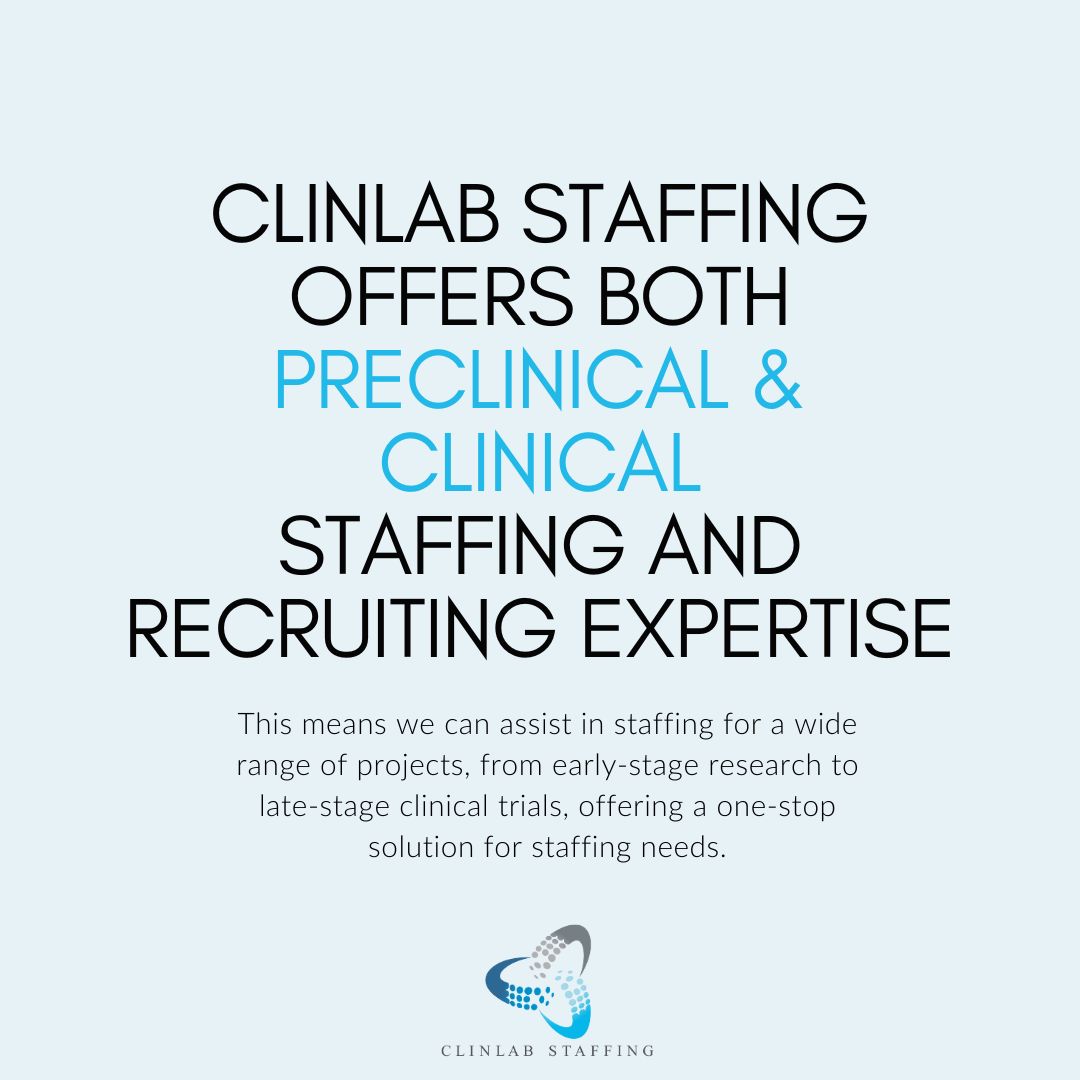In the rapidly evolving life sciences sector, professionals are facing a more competitive job market than ever. With a changes in hiring over the last quarter, particularly in biotech and pharmaceutical industries, it’s crucial for job seekers to not only stand out but also hone the right skills that align with industry demands. Here, we explore the essential skills that can make a difference in securing your next role and how you can develop or refine these skills.
1. Data Analysis and Bioinformatics
Data is the cornerstone of innovation in life sciences. From genomics to clinical trials, the ability to analyze large datasets and extract meaningful insights is invaluable. Bioinformatics, in particular, is a field experiencing significant growth as it combines biology, computer science, and statistics to understand complex biological data.
How to Enhance This Skill:
- Take online courses in bioinformatics and data analysis through platforms like Coursera or edX.
- Gain practical experience by working on open-source bioinformatics projects or participating in hackathons.
- Stay updated with the latest tools and software, such as Python, R, and specialized bioinformatics tools like BLAST and Bioconductor.
2. Regulatory Affairs Knowledge
Understanding the regulatory landscape is critical in biotech and pharmaceuticals. With increasing scrutiny from regulatory bodies, companies need professionals who are well-versed in FDA regulations, GMP (Good Manufacturing Practice), and other compliance standards.
How to Enhance This Skill:
- Pursue certifications in regulatory affairs, such as the Regulatory Affairs Certification (RAC) offered by the Regulatory Affairs Professionals Society (RAPS).
- Stay informed about the latest regulatory changes by following industry news and attending relevant webinars or conferences.
- Work closely with regulatory teams within your organization or seek internships in regulatory affairs to gain hands-on experience.
3. Project Management
The ability to manage complex projects, often with tight deadlines and budgets, is a skill in high demand. Life sciences projects, whether in research, product development, or clinical trials, require strong project management to ensure timely and successful outcomes.
How to Enhance This Skill:
- Get certified with a Project Management Professional (PMP) certification, which is highly respected across industries.
- Use project management tools like Asana, Trello, or Microsoft Project to familiarize yourself with common platforms used in the industry.
- Lead small projects within your current role to develop hands-on experience in managing timelines, resources, and teams.
4. Soft Skills: Communication and Collaboration
While technical skills are crucial, soft skills like communication and collaboration are equally important. The ability to work effectively with cross-functional teams, communicate complex ideas clearly, and collaborate on problem-solving is essential in any life sciences role.
- Participate in workshops focused on improving communication and teamwork.
- Seek feedback from colleagues and mentors on your communication style and work on areas that need improvement.
- Engage in team projects that require cross-departmental collaboration to build your ability to work in diverse groups.
5. Adaptability and Continuous Learning
The life sciences field is dynamic, with new technologies and methodologies emerging regularly. Professionals who are adaptable and committed to continuous learning will find it easier to navigate the changing landscape and seize new opportunities.
How to Enhance This Skill:
- Adopt a growth mindset by embracing challenges and viewing failures as learning opportunities.
- Stay curious by keeping up with the latest research, attending conferences, and networking with peers in the industry.
- Invest in lifelong learning through courses, certifications, and workshops that keep your skills relevant and up-to-date.
As the life sciences job market becomes more competitive, professionals must focus on building and enhancing the skills that are most in demand. By developing expertise in data analysis, regulatory affairs, project management, and soft skills, while remaining adaptable and committed to continuous learning, you can position yourself as a valuable asset to potential employers. ClinLab Staffing is here to support you in your career journey, providing guidance and opportunities to help you thrive in this challenging market.
Whether you’re just starting out or looking to advance in your career, focusing on these essential skills will help you stand out and succeed in the life sciences industry.

